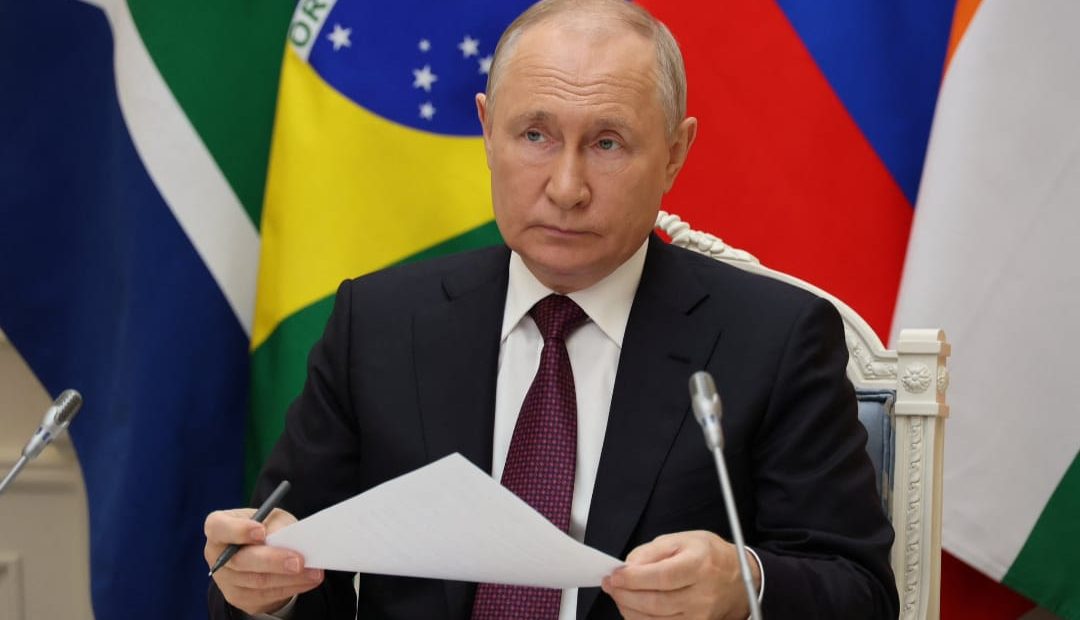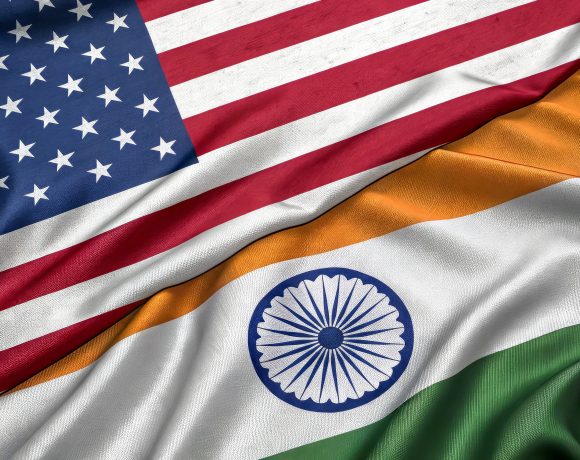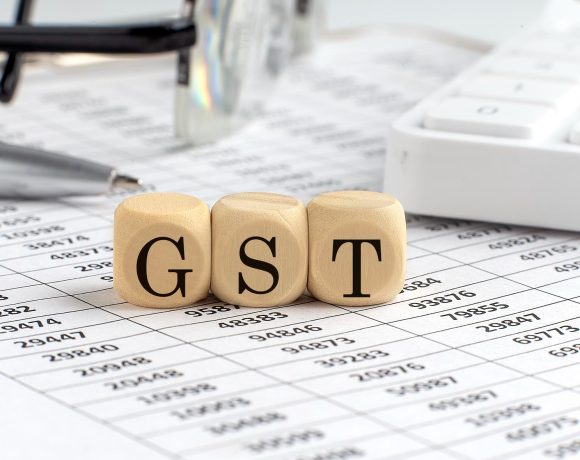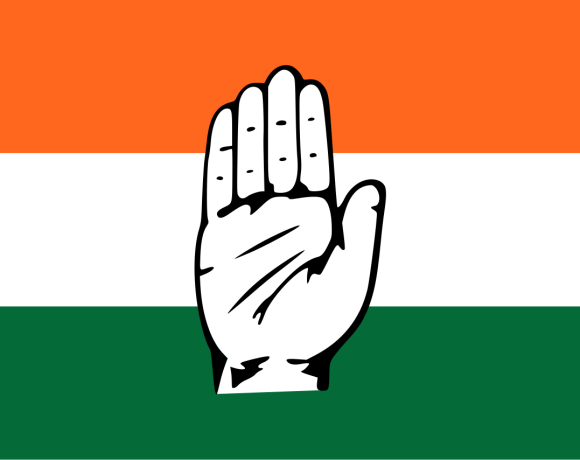
Trump’s Tariff Tantrum: How Russia Accidentally Got a Seat at the Grown-Ups’ Table
In a week where the global economy had already been flirting with anxiety, Donald Trump decided to kick it square in the teeth. With his fresh announcement of sweeping tariffs — a 10% baseline duty on virtually all imports, and even steeper penalties for countries that, in his words, have “taken advantage” of the U.S. — the former president, and now Republican frontrunner, managed to do what years of geopolitical tension and currency wars couldn’t. He detonated a fiscal nuke in the global economy. Stock markets from Frankfurt to Mumbai buckled. Oil prices tumbled by over 12% in just two days. Traders pulled out of equities and ran to the safe arms of government bonds like frightened children in a thunderstorm. Amid all this economic bedlam, one country seemed to benefit from the rarest of things: not being noticed. That country was Russia.
Yes, the same Russia that has been pummeled with sanctions, embargoes, diplomatic snubs, and corporate exits for over a decade. The same Russia whose economy had been deliberately quarantined by the West, whose oligarchs lost their yachts, and whose financial systems were cut off from SWIFT and other lifelines. This Russia, ironically, now finds itself in the position of having already lived through the worst — and emerging relatively less scathed than the rest of the class, simply because the teacher decided to punish everyone at once. If that’s not what you’d call a level playing field, what is?
Let’s rewind briefly. Since 2014, following its annexation of Crimea, Russia has been under the Western hammer of economic sanctions. It was locked out of capital markets, foreign investments dried up, and critical technologies for its energy sector were barred. The goal was clear: isolate and weaken Moscow without firing a bullet. And to a significant extent, it worked. Russia’s growth slowed, its currency nosedived, and its wealthiest businessmen suddenly found themselves very unwelcome in Monaco and London. But as the West kept tightening the noose, Russia — like any sanctioned nation with survival instincts — adapted. It built trade alliances with China and Iran. It hoarded currency reserves. It developed parallel banking systems and alternative payment networks. It doubled down on state control, while the world mocked it for being stuck in 20th-century economics. But now, in 2025, that “retro” economy looks remarkably futureproof in a world torn apart by tariff wars.
Trump’s new tariffs were supposed to project strength. They were supposed to show that America would no longer be exploited. Instead, what they did was spray gasoline over an already nervous global economy. Countries like Germany, India, Brazil, and Japan — not exactly enemies of the United States — found themselves slammed with new import duties. Markets interpreted this as economic nationalism on steroids, and the reaction was instant: panic, devaluation, and investor pullback. But in a bizarre twist, the only country that Trump didn’t slap with tariffs was Russia. Why? Because, in the words of U.S. officials, Russia was already under “sufficient economic restrictions” through sanctions. In other words, Russia was excluded not because it was friendly, but because it had already been punished into irrelevance. The irony, however, is that this irrelevance turned out to be a blessing.
By excluding Russia, Trump ensured that its trade with the U.S. — limited as it was — would face fewer new barriers than other countries. That meant Russia could still export commodities like aluminum or fertilizers, while others like Canada or India now had to jump through tariff hoops. More significantly, the global disruption created by Trump’s actions put Russia back on a kind of parity. For years, it was the designated economic leper of the global system. Now, suddenly, everyone else got a taste of what that kind of isolation feels like. The difference? Russia had practice.
Nowhere was this more obvious than in the oil markets. When Trump made his tariff announcement, oil prices collapsed. Brent crude fell to levels not seen since early 2021. For an economy like Russia’s — heavily dependent on energy exports — that’s bad news. But here’s where nuance kicks in. Russia’s state-run oil firms have been operating under sanctions for years and are designed to weather lower prices. Many of their wells can remain profitable even with prices below $50 per barrel. Compare that to the U.S. shale sector, where high extraction costs mean producers start bleeding as soon as prices drop below $70. So while Russia is indeed hurt by the oil crash, it’s not necessarily hurt more than its competitors. In some cases, it may even be hurt less.
Then there’s the global recession specter. With Trump’s tariffs expected to dampen global trade and slow down manufacturing, countries that are deeply integrated into global supply chains — such as Germany, South Korea, and India — are staring at potential contraction. Russia, by contrast, had already been forced to decouple. Its import substitution programs may be inefficient, but at least they exist. Its domestic industries are archaic, but at least they’re not dependent on just-in-time logistics from three continents. When the rest of the world starts panicking about “strategic autonomy,” Russia will be the smug kid at the back of the class who says, “Been there, done that.”
And of course, this entire comedy plays right into the hands of Vladimir Putin, a man who thrives on geopolitical chaos. He didn’t have to launch a cyberattack, invade a neighbor, or weaponize gas pipelines to gain influence this time. All he had to do was watch. Trump’s economic self-sabotage effectively invited Russia back into the global conversation by dragging everyone else down to its level. If Moscow was on the back foot geopolitically, Trump just gave it a cushion.
This isn’t to say that Russia is winning. It’s not. Its economy is stagnant, its tech sector is primitive, and its demographic crisis is accelerating. But what’s remarkable is that it’s no longer uniquely losing. And that’s a win in itself. It’s a geopolitical game of limbo — how low can you go? — and thanks to Trump’s tariff crusade, Russia suddenly finds itself joined by countries that were once preaching globalization and free trade.
So no, the question isn’t whether Trump’s tariffs helped Russia. The real question is: how did a policy meant to punish others end up being the best geopolitical gift Putin’s received in years? If there’s any justice in the world, the Kremlin should at least send a thank-you card. No need to worry about customs. Apparently, Russian mail isn’t subject to tariffs.


















